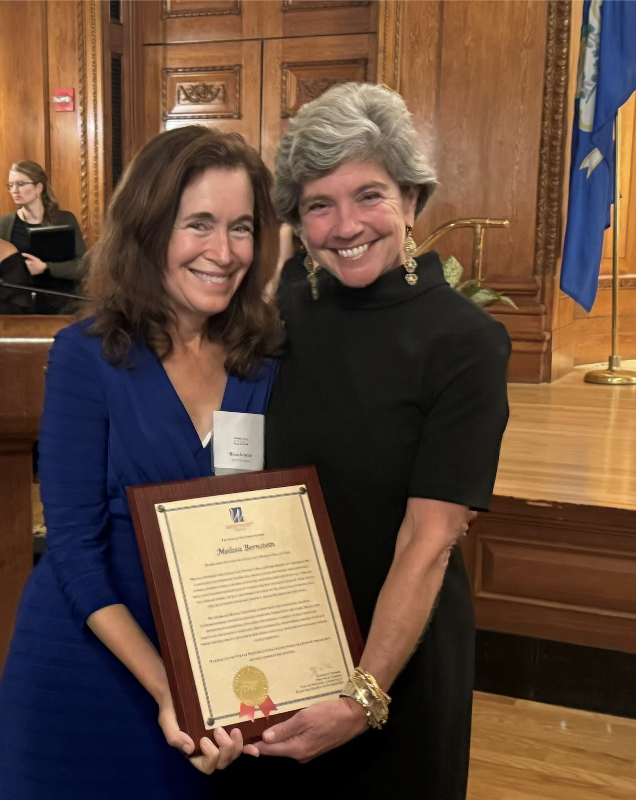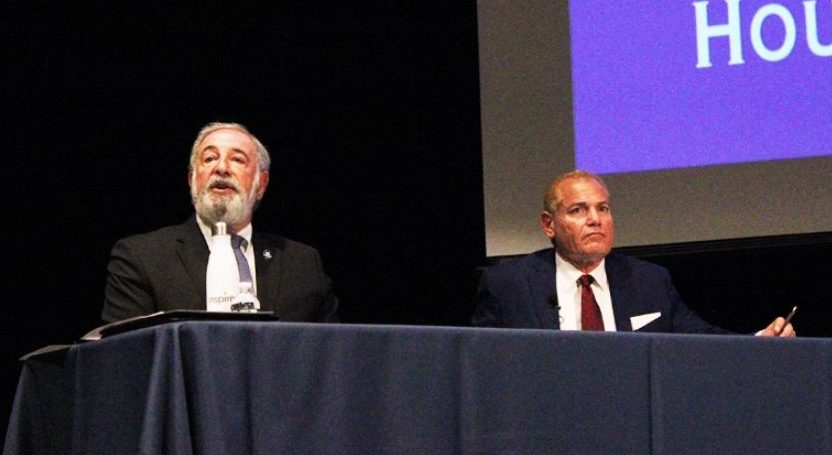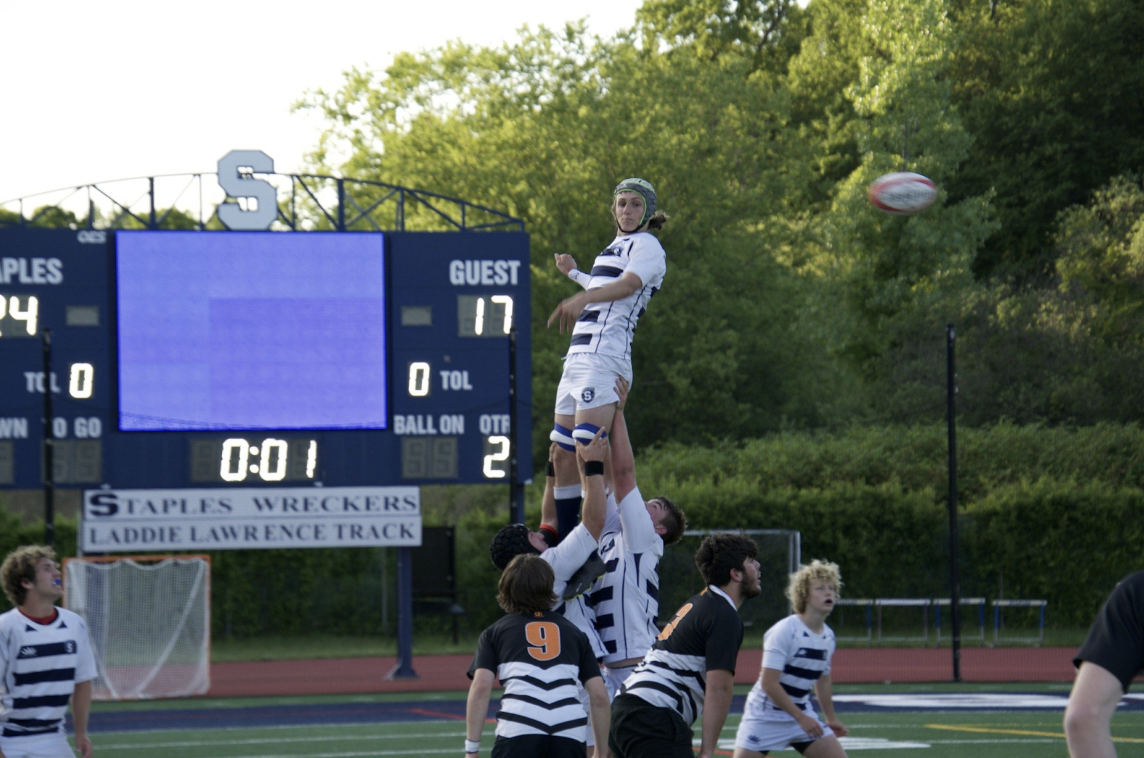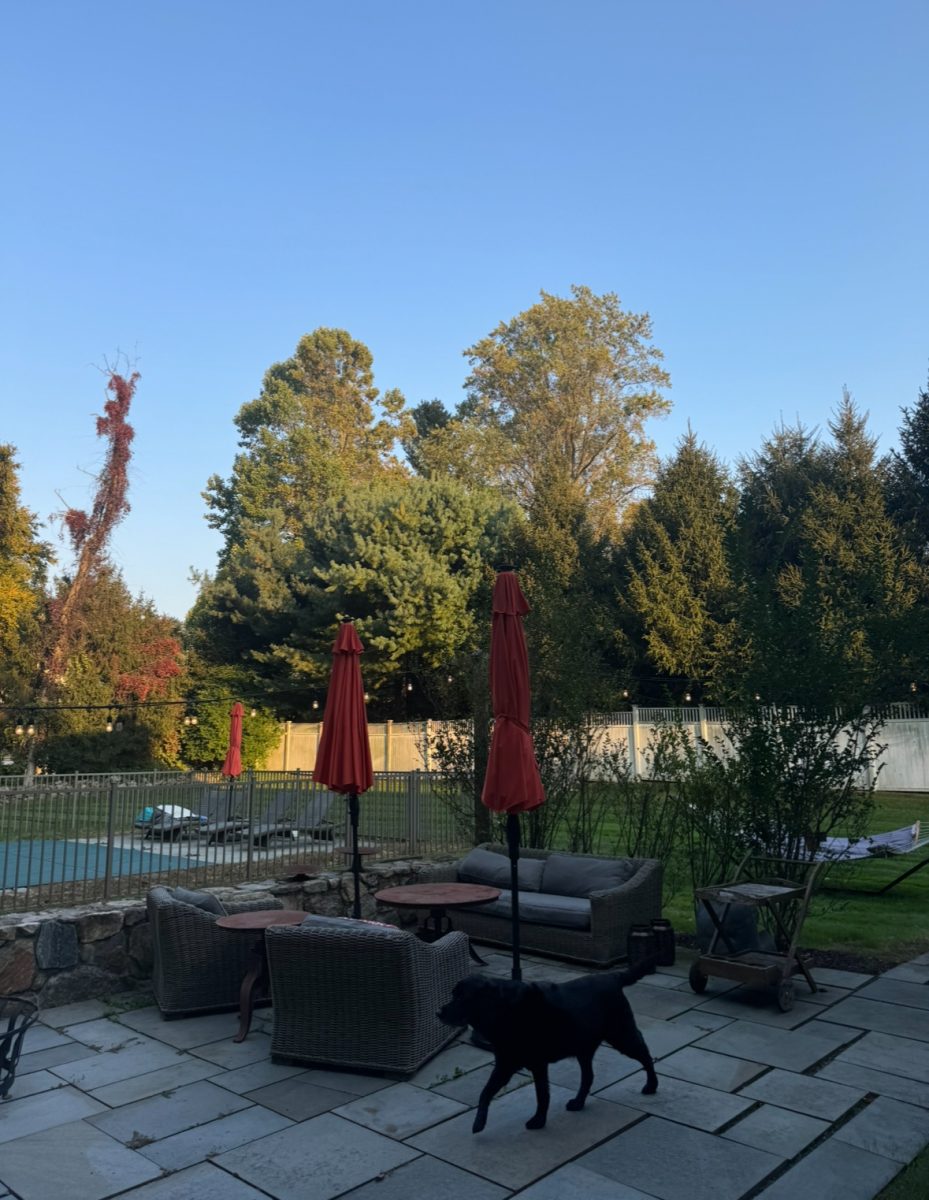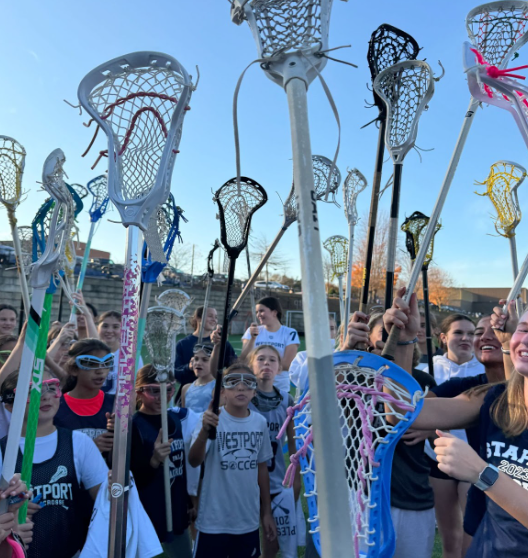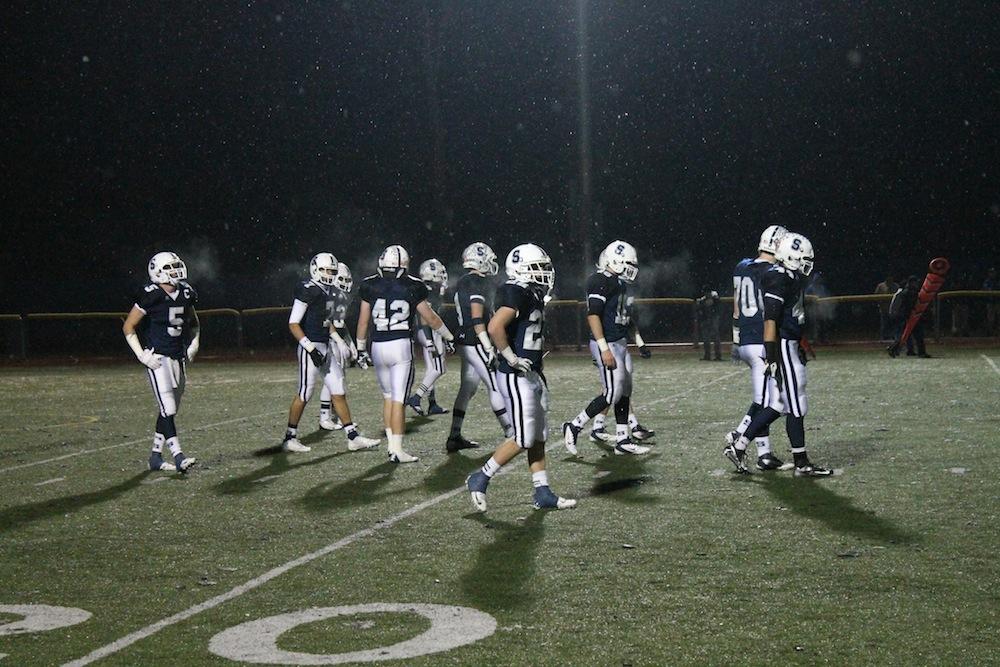It is tough to be a referee. Being out on the field with the power to control the game can come with a lot of baggage. But, at the same time it can be very satisfying, which is why the referees took up the job in the first place.
In recent interviews, several referees who officiate a number of different sports agreed that what pushed them to officiate was the desire to stay involved with the sports they loved.
“I grew up playing a lot of football and basketball. I wanted to stay involved in sports but didn’t have time to devote to full time coaching, so I got into reffing,” said Bill Howard, a high school football and basketball referee for Fairfield County since 1975.
Jim Carroll, a high school football referee for Fairfield County for 19 years, agreed. “I played in high school and just wanted to be a part of it again,” said Carroll.
Although refereeing is not as big of a commitment as coaching, it does take up a lot more time than one would think. “People think that referees just have to show up to the game for an hour. But we have to commute, get there an hour early, go over different scenarios and make sure everyone is on the same page,” said Carroll.
Just like coaches watch film of opposing teams to prepare, referees come equipped with background knowledge. Before each game, the referees discuss potential plays or fouls that may occur, so they can focus on certain areas. “The rules are the same for every game, but there are always different nuances for each team that we need to keep an eye out for,” said Howard.
Alice Addicks, a high school field hockey referee since 1977, said that she also uses background information to position herself to see the plays more clearly. Some teams have trick plays that referees need to be aware of in order to avoid losing contact with the ball or player.
“The big thing is to be in the right position at the right time to be able to make the right call,” said Addicks. “You can’t make a call that you can’t see.”
But refereeing is not just about being engaged with sports. Carroll finds it a lot of fun because of the camaraderie. For football, referees work in crews, a group of referees who officiate together for every game.
“Officiating brings people together who normally wouldn’t become friends,” he said.
New friendships are not the only thing earned. Money, exercise, and self-esteem are just some of the benefits reaped from refereeing. Depending on the level, a referee is paid up to $90 per game.
In addition, there is a lot of exercise that is involved, requiring referees to stay in shape. “If you’re not in shape, you’re not doing a good job,” said Howard, who officiates all year long and uses refereeing as his motivator to go to the gym.
According to Carroll, a bonus to refereeing is that it keeps him in touch with a new generation of players and coaches and provides him with a good chance to stay in shape. “I like to think that it’s keeping me young,” he said.
There are also some difficulties that come with the job. Addicks finds her biggest problems are found on the sidelines. “Sometimes there are cantankerous coaches who try to coach and referee at the same time, constantly talking in my ear and screaming that I made a terrible call,” said Addicks. “I am just trying to do my very best.”
But it’s the parents who can be the real nuisances. “Sometimes it can be worse when you have parents screaming from the sidelines because they don’t really know what they’re talking about and hardly know the rules,” said Addicks.
Howard also voiced the pressure referees are forced to endure. “We have to start with perfection and work ahead from there,” said Howard. “Everyone wants us to be right on every single call all the time. That’s not going to happen because we’re human. We do make mistakes and we feel bad about it and try to correct it, but sometimes we blow it.”
Howard’s biggest regret is a result of a 2000 Thanksgiving game between Norwalk and Brien McMahon. He penalized Norwalk with a bad call and wound up costing them the game. “They lost because of a poor decision on my part, and I felt really bad about it. I wrote a letter to the head coach, but it didn’t help because you can’t reverse the call at that point,” said Howard.
The guilt that may come with refereeing can be upsetting, but there are always moments that make up for mistakes. “As refs, we don’t have a lot of proud moments, because the coaches and players expect us to get it right every time, and if you don’t, then you’re a failure,” said Carroll. “But I remember one game in particular, we had about five calls where the coaches all thought we were dead-wrong, and the instant replay showed them that we were right on all of them. It was very satisfying.”
Making wrong calls is not the only difficulty. Carroll feels that the biggest challenge that a referee has to overcome is to stop watching the ball. “Any game you go to, you’re mainly watching your team and very rarely watching what the other team is doing. When you’re officiating, you can’t just focus on the ball but also must observe what everyone else is doing at the same time,” said Carroll. “It gives you a completely different perspective of the game.”
When they are not refereeing, Carroll, Howard and Addicks have other jobs to attend to. Carroll is an insurance agent, Howard owns a sporting goods business, and Addicks is a grade level coordinator at Staples. For most, refereeing is their preferred occupation.
“Anyone who does it, despite the fact that we get yelled at, is not doing it for the money,” said Carroll. “I don’t play golf, I officiate. It’s challenging, but you get the satisfaction for a job well done.”
Addicks would not differentiate between her job at Staples and refereeing because she loves them both. However, she did say, “I don’t consider it a job. Refereeing is part of my life, and I love it; otherwise I would be retired because I’m definitely at that age.”
Howard has the same mindset. “I’m in my 60s, but as long as my legs hold up I’ll keep doing it,” he said.

